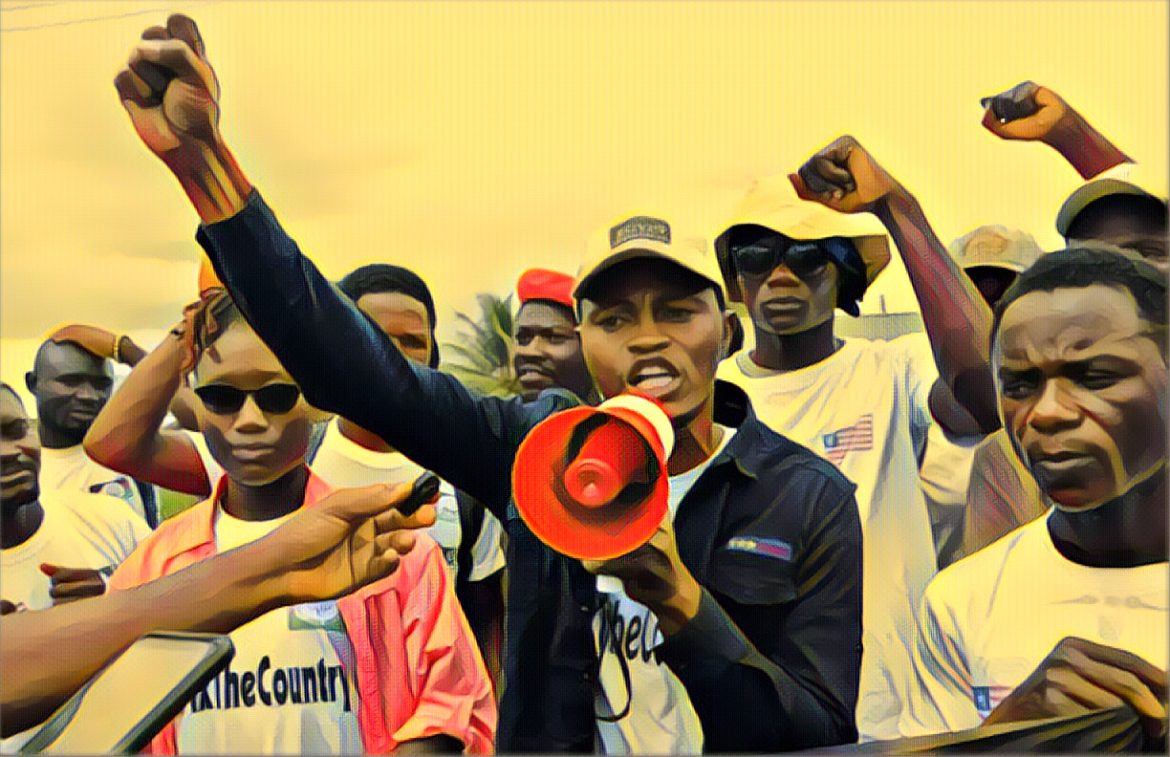In the face of increasing media repression in Africa, the role of international solidarity has never been more crucial. From Uganda to Cameroon, governments are exploiting digital tools to manipulate elections, reinforce political control, and suppress dissent. This has led to a growing call for a united front to challenge these repressive tactics and uphold media freedom.
In Uganda, for instance, the 2021 presidential election saw pro-government actors using fake accounts on social media platforms to launch an influence operation. The government retaliated against the removal of these accounts by banning access to social media platforms and instituting a total internet blackout. This is just one example of how digital repression is being used as a tool for political control.
Similarly, in Cameroon, journalists face state-supervised surveillance, arrest, and even physical assault. The practice of independent journalism has been under threat for years, with new anti-terrorism laws introduced in 2014 resulting in journalists increasingly fearing for their safety.
In Nigeria, media repression is also on the rise. Journalists, editors, and media proprietors have witnessed state-supervised surveillance, arrest, and even physical assault since 2015. In 2019, Nigeria was ranked 120 out of 180 on the World Press Freedom Index published by Reporters Without Borders.
Despite these challenges, newsrooms and journalists in Nigeria are adopting strategic methods to stay safe and resilient. They plan ahead, go undercover, work remotely, and use digital tools to keep reporting malfeasance in government. These strategies are a testament to their resilience and commitment to press freedom.
However, the fight against media repression cannot be won by journalists alone. It requires a collective effort from the international community. The role of international solidarity in this fight is multifaceted. It involves raising awareness about media repression, advocating for policy changes at the international level, providing support to persecuted journalists, and promoting digital literacy among citizens.
International solidarity can take many forms. For instance, global news agencies like Al Jazeera, CNN, and BBC can use their platforms to highlight cases of media repression in Africa. Non-governmental organizations can provide legal aid to persecuted journalists and lobby for policy changes at the international level.
Moreover, tech companies can play a crucial role by developing secure communication tools that protect journalists from surveillance. They can also work towards making the internet more accessible in Africa, reducing the digital divide, and empowering citizens to speak out against repression.
The fight against media repression in Africa is far from over. However, with increased international solidarity and collective action, there is hope for a future where media freedom is upheld across the continent.
In conclusion, international solidarity is pivotal in challenging media repression in Africa. By standing together as a global community, we can help protect press freedom and promote democracy across the continent.


